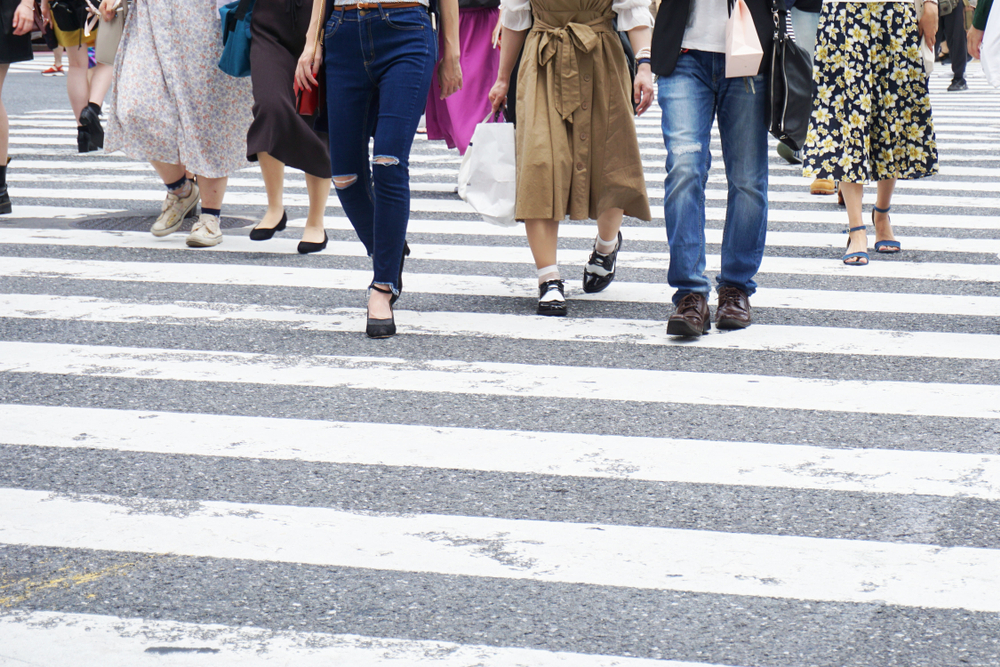
- ARAB NEWS
- 15 Jul 2025

Nader Sammouri
OSAKA: In a world that seems to be traveling faster than sound, “How is your sanity?” has become a sane question to ask today.
Mental health is a multidimensional concept, a state of emotional, psychological, and social well-being. It is not merely the absence of mental disorders or symptoms. Mental health encompasses broad concepts including subjective well-being, perceived self-efficacy, autonomy, competence, intergenerational dependence, and self-actualization of one’s intellectual and emotional potential, among others.
“Mental health is not just the absence of mental illness. It is closely associated with our sense of happiness and wellness,” said Dr. Sayaka Machizawa, a licensed clinical psychologist and an associate director of clinical science at Signant Health in Tokyo.
People in Japan are often discouraged or hesitant to seek professional treatment for their mental health concerns due to stigma. Why is that?
“Mental health issues in Japan are often perceived as a sign of personal weakness that one should resolve by oneself without talking to others or asking for help,” Dr. Machizawa said.
Notably, Japan has been consistently low on the World Happiness Index. According to the 2021 World Happiness Report, Japan was 55th out of the 146 countries, which is relatively low for industrialized countries. In comparison, Taiwan was 24th and Singapore was 32nd in the ranking. The ranking is determined by six factors including GDP per capita, social support, healthy life expectancy, freedom to make life choices, generosity, and perceptions of corruption.
“Whereas Japan was higher than many other countries on GDP per capita, social support, and healthy life expectancy, it was low on the freedom to make life choices and generosity. To improve mental health in Japan in the long term, we should not just focus on decreasing the prevalence of mental disorders but also on improving people’s subjective well-being through changing societal norms and practices,” Dr. Machizawa said.
Mental health in Japan is affected by the pandemic as well. According to the recent report by Japan Productivity Center (2021), about 40 % of Japanese organizations stated their employees’ mental health has gotten worse since the pandemic due to changes in communications, relationships with coworkers, and work environments, as well as uncertainties. Suicides in Japan have rocketed abruptly in 2020, especially among women and teenagers. But little do people argue with the mental anguish and extensive yet subtle emotional effects that take a toll on others. With the pandemic, combating stigma and making mental health services more accessible is even more critical.
“My advice is to focus on things that you can control. Setting daily routines and rituals may be helpful in that it can increase a sense of control, safety, and stability. Supporting other people and serving our community allows us to recover a sense of agency and connectivity. Through helping others, we often realize we are not helpless victims but formidable agents that can make a difference. Lastly, when we feel overwhelmed or hopeless, it is critical to stay connected so that we don’t isolate ourselves with our feelings and concerns. I think it is critical to combat the stigma associated with mental illness, educate people on mental wellness, and make mental health services more accessible. In addition, it is important to promote mental health literacy through programming in various settings such as schools, workplaces, and communities,” Dr. Machizawa said.
Mental restoration isn’t just a taboo topic in Japan. Numerous Middle Eastern countries reassure a culture that refrains from seeking help in the name of resilience.
Perhaps the time has come to admit the rearising problems, combat psychological disorders, and consider it a sort of pandemic in itself. People may need to realize that seeking help isn’t a weakness. It takes courage to put the ego aside, recognize one’s limits, and reach out.